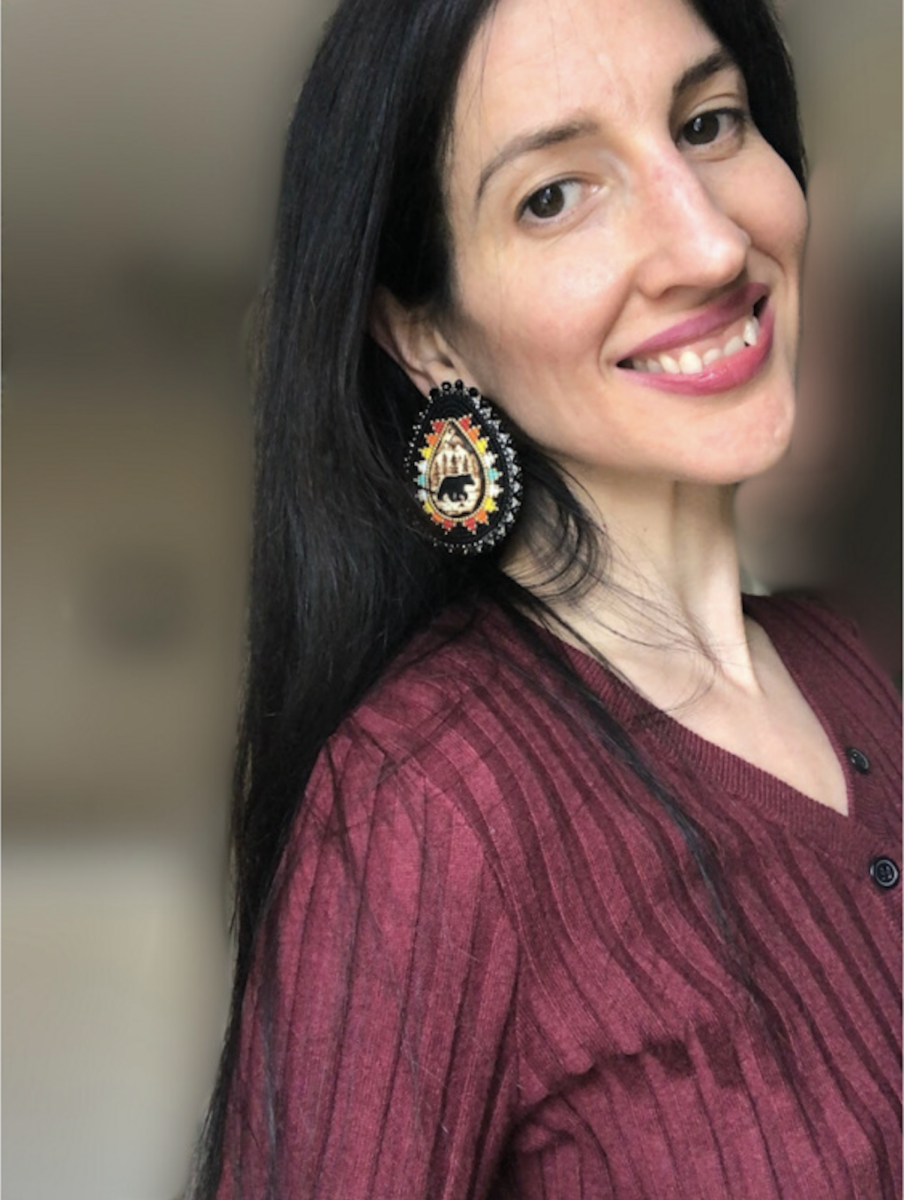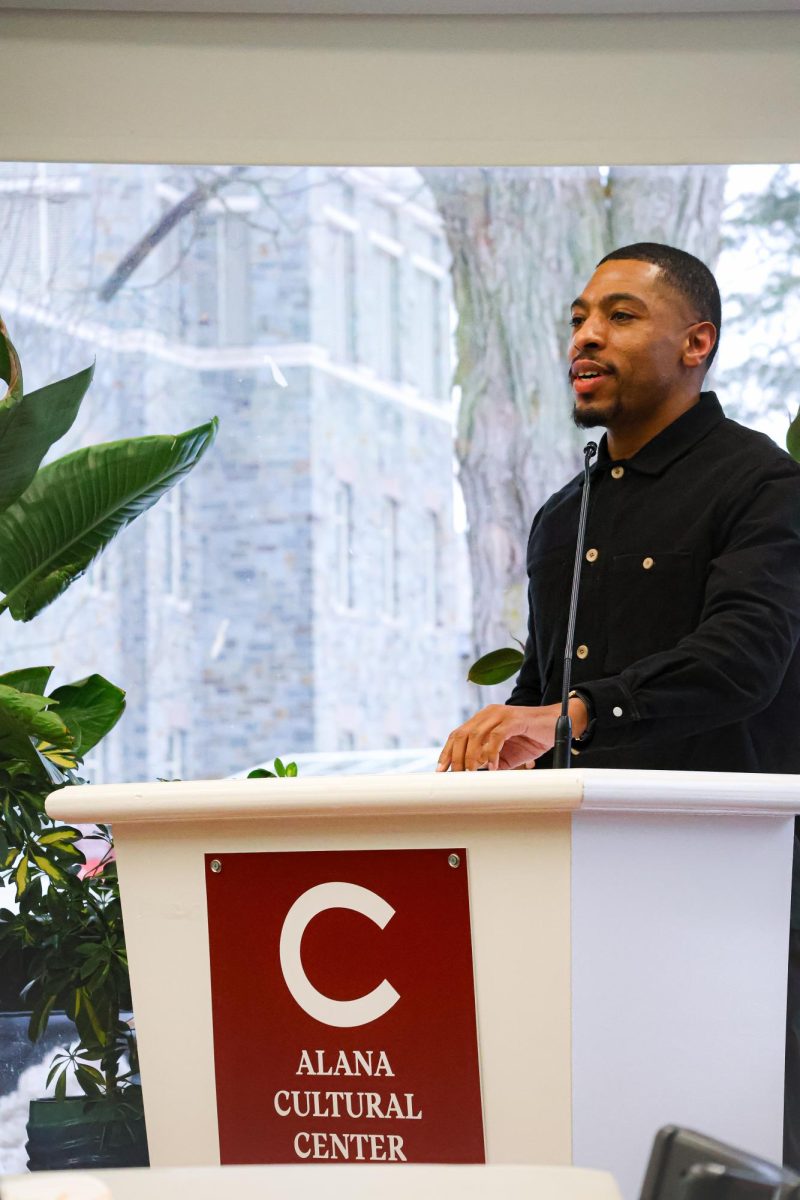Assistant Professor of Native American Studies Ionah Scully led a brown bag discussion on “Indigiqueer People & Indigenous Women: The Vanguard of Land/Water Defense” on Tuesday, Sept. 17. The event was hosted by Colgate University’s Center for Women’s, Gender and Sexuality Studies.
Scully is Cree and Irish from the historic Michel First Nation, a direct descendant of Chief Michel Callihoo whose lineage is traced to Kahnwak:e Mohawk territory. Scully also has familial connections to the Kelly Lake Cree Nation, Aseniwuche Winewak Nation and Lac Ste. Anne Métis Community.
Scully’s discussion centered around the harmful effects that colonial expansion had on Indigenous women and queer people. As they explained, early conservationists weaponized ideas of racial purity to displace Indigenous populations. Scully’s maternal ancestors were among the many victims of this mass displacement. The conservationists also viewed Native land as a pure, untouched wilderness, often referring to it as virgin, fertile and needing taming. According to Scully, this misconception harmfully coincided with the portrayal of queer Indigenous and Indigenous women’s bodies as something to be conquered alongside the land. Scully pushed back on this political ecology.
“Cree people do not have a concept of wilderness. The land is our relative, the land is something we interact with in all areas, sometimes in different ways, but it is absolutely not an untouched, pristine wilderness which has connotations of how women’s bodies and queer bodies have been portrayed,” Scully said.
Scully also addressed increased instances of gender violence against Indigenous women and queer Indigenous people, a statistic from their 2019 research project which she proposed is directly proportional to oil and construction projects on Indigenous land.
“Around oil construction pipeline sites and ‘man camps,’ violence against young girls, Indigiqueer people and all Indigenous women increases as much as 70%,” Scully said.
While most violence in the United States and Canada is intraracial, according to Scully’s discussion, this is not the case for the Native population, as 97% of violence committed against Native Americans is done so by non-Natives.
Scully also explained the Native American concept of being “two-spirit,” meaning to see and experience in two ways.
“Two-spirit [and] Indigiqueer relationships defy colonial constructs of gender and love,” Scully said. “The fierce recognition that we are not alone, but a part of each other, including the land, means we are first to defend it and first to suffer the colonial project’s attempt to sever these ties — these relations — to get at bodies of lands, waters and humans.”
Sophomore Jai Adams, a member of Colgate’s Native American and Indigenous Student Alliance (NAISA), found Scully’s teachings integral to understanding the significance of living on stolen land.
“To understand who this is made for, these harrowing statistics, facts and brutalities the Indigenous people have to face, it is necessary to understand the plight of being on stolen land and interacting with people who are descendants of genocide,” Adams said. “It would have never really occurred to me to see these different perspectives because they have been purposefully hidden by non-Indigenous people. Indigenous history was meant to be invisible. The mythology is that this place was nothing, barren and could keep living on.”
Junior and fellow NAISA member Melanie Gonzalez found many points of overlap with her course on Indigenous LGBTQ and feminist studies. She further stressed the importance of understanding Indigenous history.
“It is one thing to only be aware that we live on Oneida land. Of course, everyone should know that, but I think it is also necessary for everyone to at least understand the issues of a community that is very underrepresented and overlooked, especially because we are on Indigenous land, yet we [Indigenous students] have the smallest population on campus,” Gonzalez said.
Correction Appended Oct. 1, 2024: A previous version of this article stated incorrect information in the naming of Ionah Scully’s nations and identity and has since been corrected.















